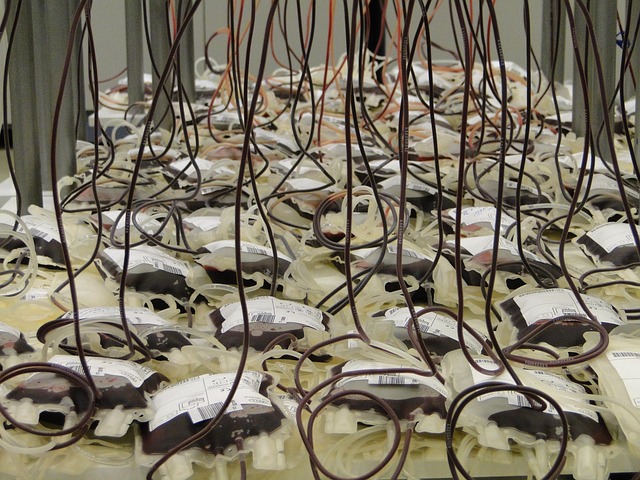
The Impact of Donor Support on the Economy: A Look into Foundations and Philanthropy
In a world where economic challenges often dominate headlines, it’s easy to overlook the powerful role that donor support plays in revitalizing communities and promoting growth. Foundations and philanthropic organizations bring about much-needed change by channeling funds and resources into various sectors, creating a ripple effect that extends far beyond their immediate contributions.
At the heart of many successful initiatives are dedicated donors who recognize the vital importance of investing in a brighter future. These individuals and organizations commit their resources not merely for tax benefits or recognition, but for a deeper connection to societal well-being and progress. Whether it’s funding innovative education programs, supporting healthcare initiatives, or enhancing public spaces, donors help drive the transformation of local economies.
Foundations play a significant role in this landscape, acting as vital catalysts for change. They assess community needs and direct funds to projects that have the potential to create lasting impact. For example, when a foundation invests in job training programs, it doesn’t just provide immediate financial relief; it also fosters self-sufficiency and growth. As individuals gain skills and find employment, local businesses benefit from a more qualified workforce, thus enhancing the overall economic environment.
Moreover, philanthropic efforts often aim to bridge gaps that traditional funding sources overlook, particularly in underserved communities. Donors who prioritize inclusivity and sustainability help stimulate local economies by supporting small businesses and entrepreneurs. This commitment to nurturing grassroots initiatives ensures that the benefits of economic development are felt widely, reducing inequality and fostering a sense of community resilience.
The impact of donor support is also evident during times of crisis. Whether responding to natural disasters, public health emergencies, or economic downturns, philanthropic interventions can be essential. Donors mobilize quickly, providing immediate relief and funding for recovery efforts that would otherwise take months or years to materialize through conventional channels. This agile response showcases the incredible power of philanthropy to uplift economies in need.
Importantly, the relationship between donors and communities is not merely transactional; it’s reciprocal. As organizations supported by donor funding succeed and grow, they create new opportunities for further investments. This creates a cycle of growth, where initial contributions lay the groundwork for greater community engagement and economic empowerment, inspiring others to step in as donors themselves.
In today’s interconnected global landscape, the role of donor support extends even further. International foundations often fund initiatives aimed at tackling global challenges like climate change, health disparities, and education access. These efforts not only impact local economies but also contribute to global stability and prosperity. By addressing systemic issues, philanthropists help ensure that communities worldwide can thrive economically.
Ultimately, the narrative surrounding donor support transcends mere monetary contributions. It embodies a collective commitment to uplifting communities, fostering innovation, and driving sustainable economic growth. Whether through targeted foundation initiatives or large-scale philanthropic efforts, the influence of donors is profound, leaving a lasting imprint on the fabric of our economy and society as a whole.



